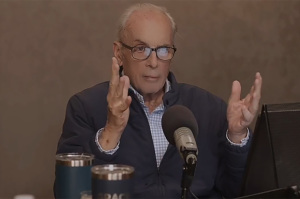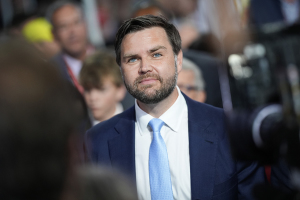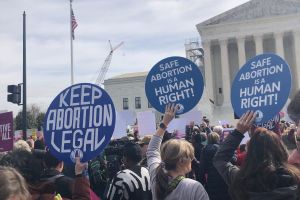Churches Start Dialogue on Science and Theology
A new program called Scientists in Congregations, created by an Evangelical Lutheran pastor, is in full swing this year to help other pastors start conversations about science and religion.
The Rev. Greg Cootsona told The Christian Post that the project is “designed to catalyze the dialogue of science and theology in local congregations.” There are no set guidelines except to engage with the “highest level of science.”
The initiative is a grant program funded by the John Templeton Foundation and its mission calls for “sustained, creative collaboration between practitioners in the fields of science (scientists or science educators) and theology/faith practice (pastors) who are already engaged with one another through shared participation in the life of a congregation.”
Cootsona came up with the idea after he realized his own reluctance to talk about science in his church. He states on the project’s website, “I’ve found myself wondering whether the members of my church really wanted to hear about how Big Bang cosmology relates to Genesis 1 or what the image of God means in light of contemporary brain science.”
So last year he ran a weekend conference on science and theology at a local Presbyterian Church in the Chico, Calif., area. He said a U.C. Davis grad student drove 100 miles to the conference and told him, “You should bring more of that material into the pulpit.”
So he did, and the program was created to help other pastors show their congregations that science and theology can work together.
Churches around the country applied for grants ranging from $10,000 up to $30,000 so that they could have funding for resources to work with scientists and science educators in their congregations or community.
Across the United States, 36 congregations received grants representing 25 states. There is also one congregation represented from Canada and one from Paris.
Hope Lutheran Church of Maryland was one of the churches that received a grant this year. Because the congregation is close to the campus of the University of Maryland they have many scientists in their congregation, including Ida Hakkarinen, a meteorologist with the National Oceanic and Atmospheric Administration and a steering committee member for the Evangelical Lutheran Church in America’s Alliance for Faith, Science and Technology.
Using the grant money, Hope Lutheran will host seminars, workshops and adult education courses to develop education materials for the scientific commentary on biblical texts.
They also have a group that meets on Sunday mornings and evenings to talk about lectionary texts. They then post their views regarding the text and how it relates to science so that others in the congregations can read and respond to them.
At First Lutheran Church in Lincoln, Neb., their official kick-off event for the project will take place in February. They are going to host a science fair at their church.
The Church of the Good Shepherd in Brevard, N.C., will host presentations on science and theology called "Heart & Mind: A Faith – Science Dialogue.” The lectures will highlight various topics like an introduction to science and theology, genetics, and discussions on artificial intelligence.
The grants will last until 2013, but Cootsona said the hope is that congregations would continue their work after as well. The program directors want churches to make the discussion of science an ongoing part of their congregation.
He said it’s an “important issue for the church to pick up because God created the world, and scientists give us deeper insight into [that] world.”





























